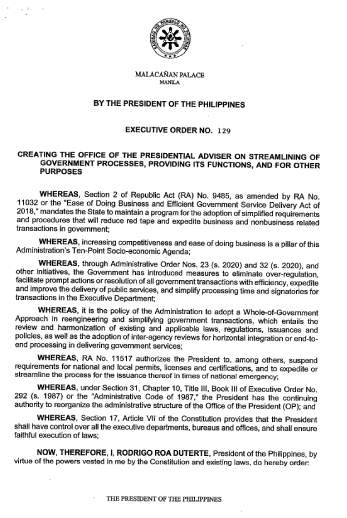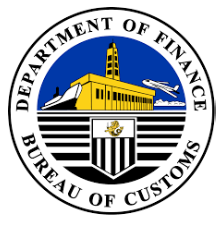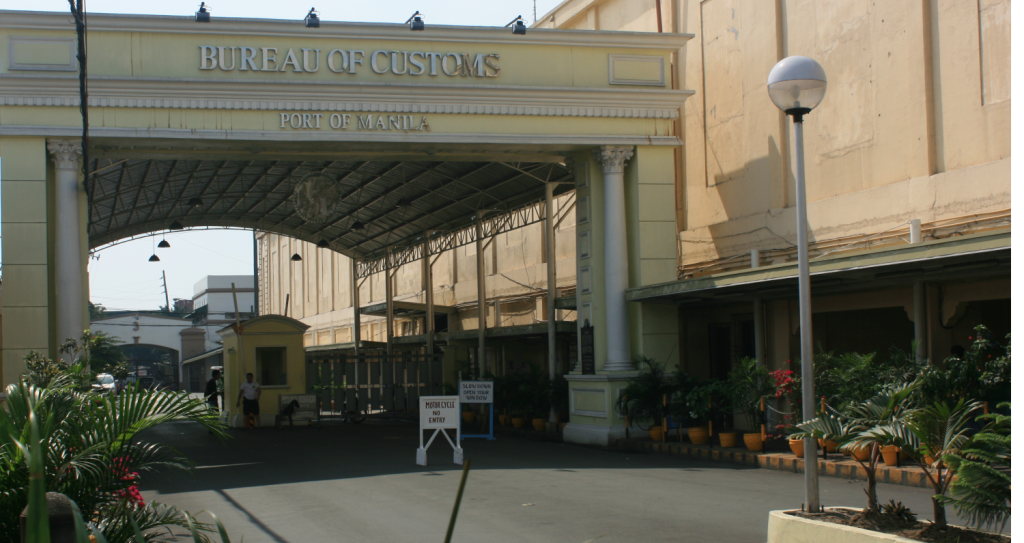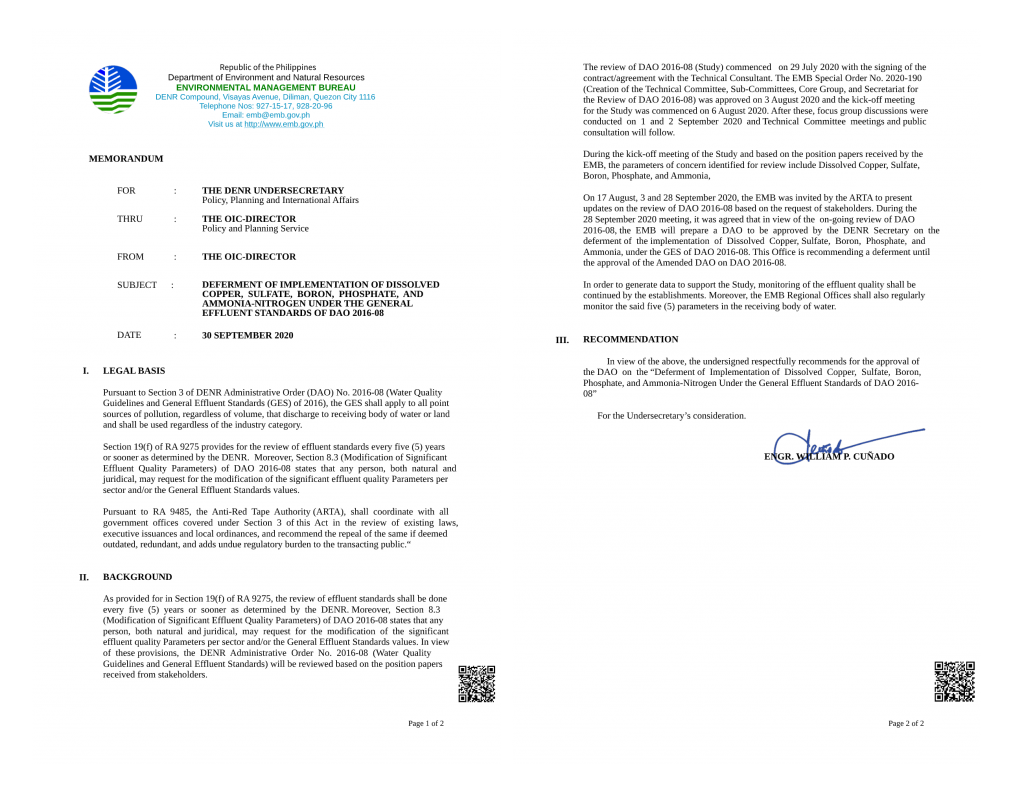
The Bureau of Customs (BOC) extends the use of existing prepaid accounts until 15 June 2021. Said account is used in paying duties, taxes, and other charges for all goods declaration lodged through the Electronic to Mobile (E2M) system. Accountholders are still allowed to deposit and consume balance in existing prepaid accounts within the said period.
Continue reading “Use of existing Broker’s prepaid accounts allowed until 15 June 2021”








